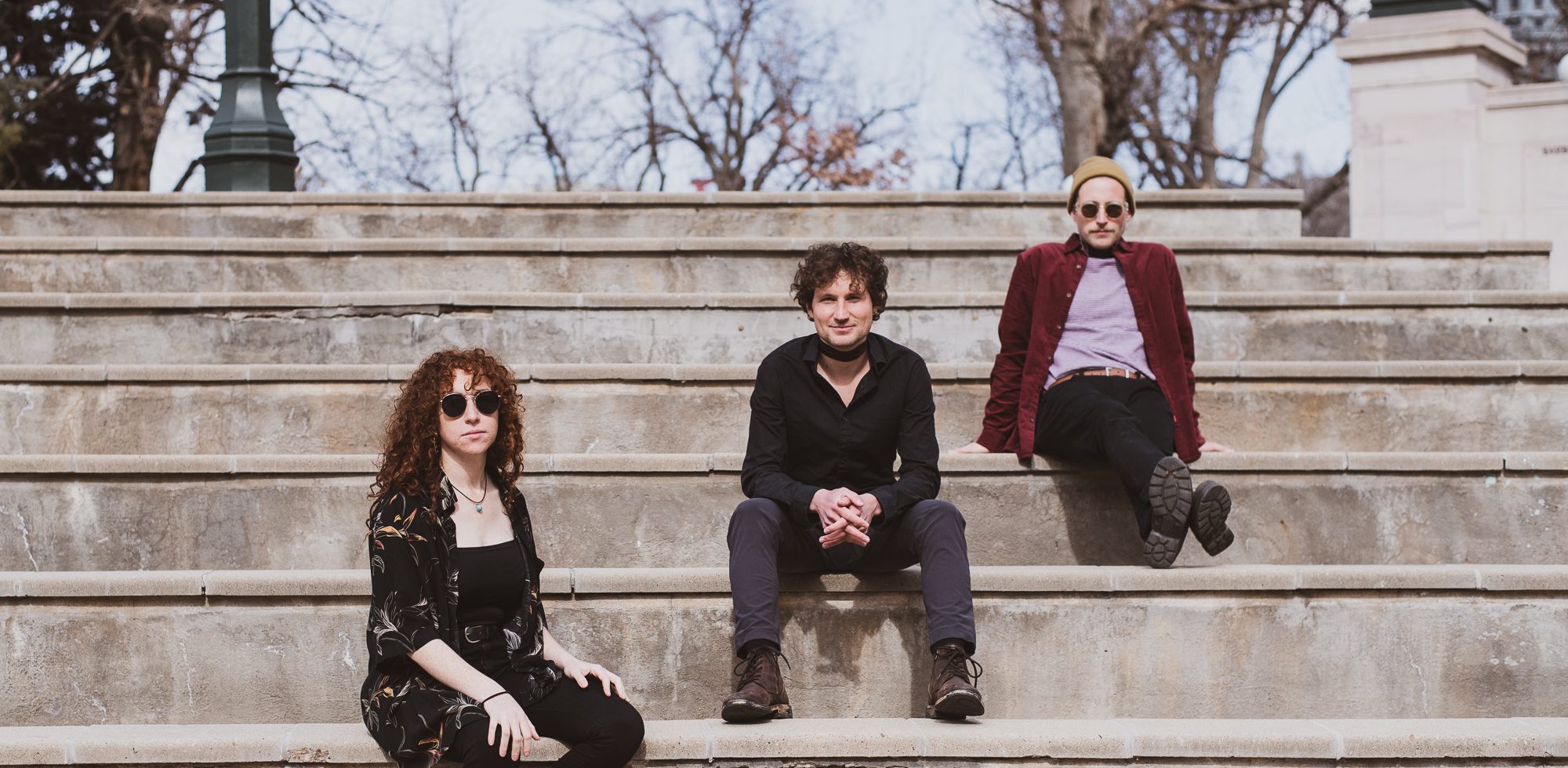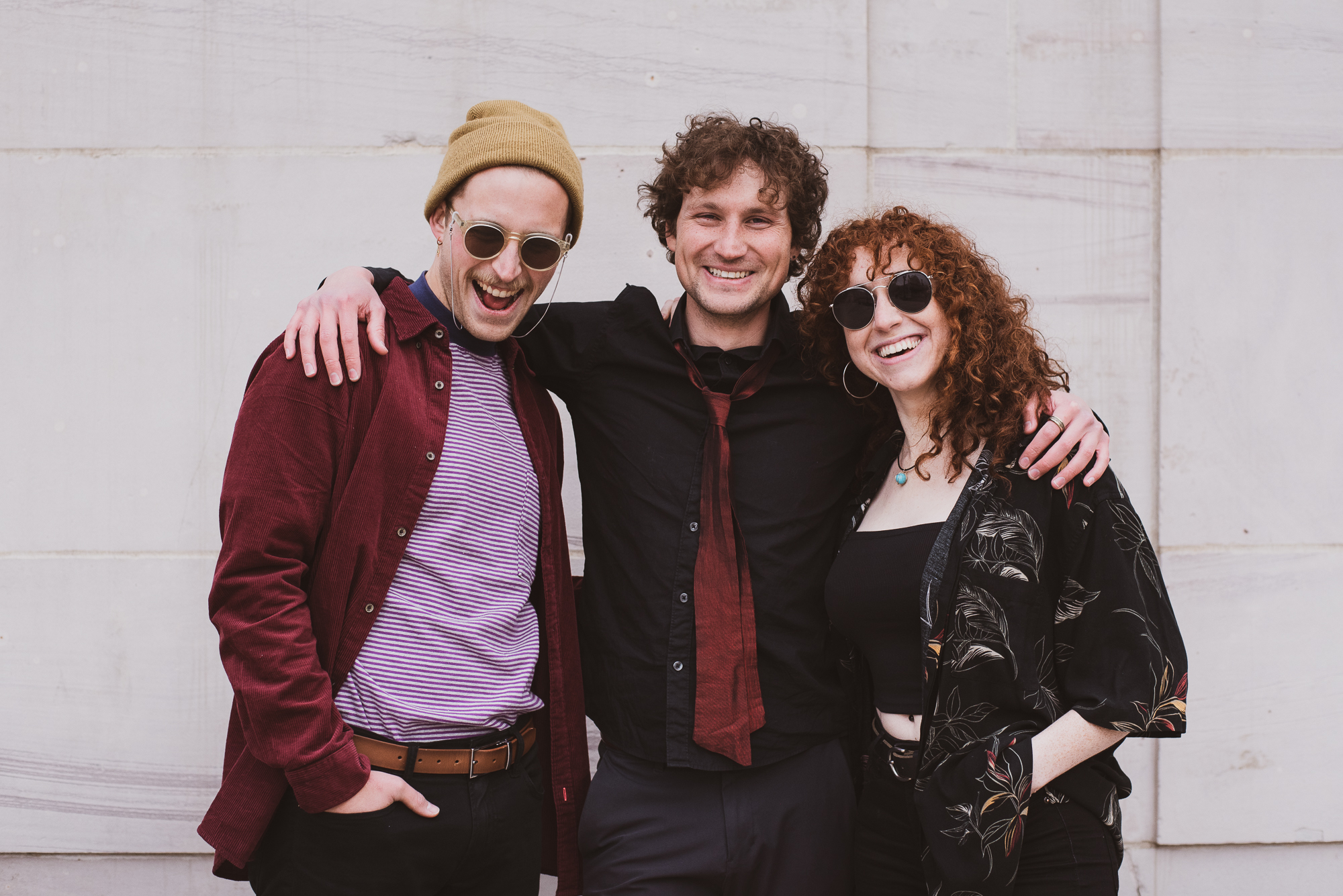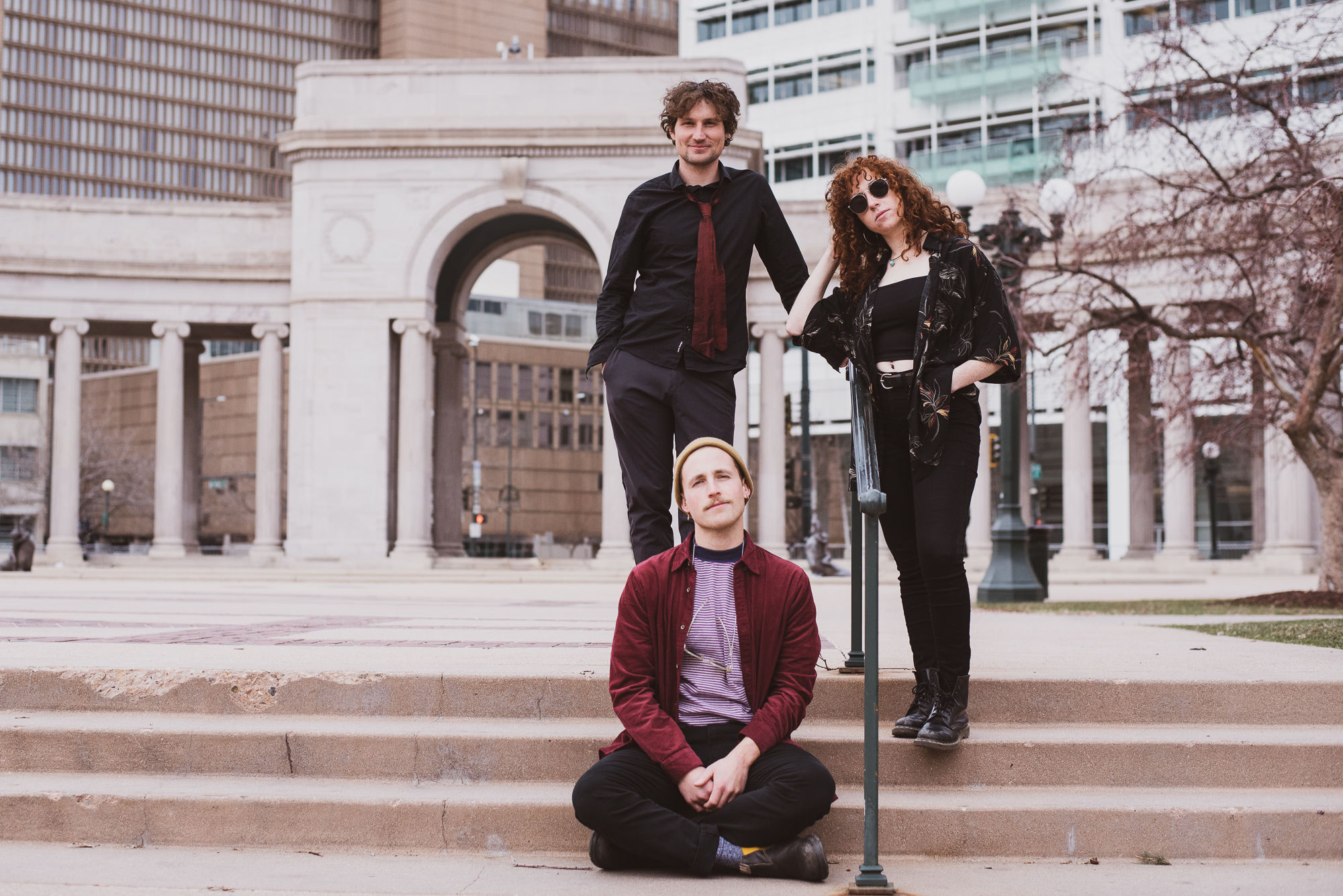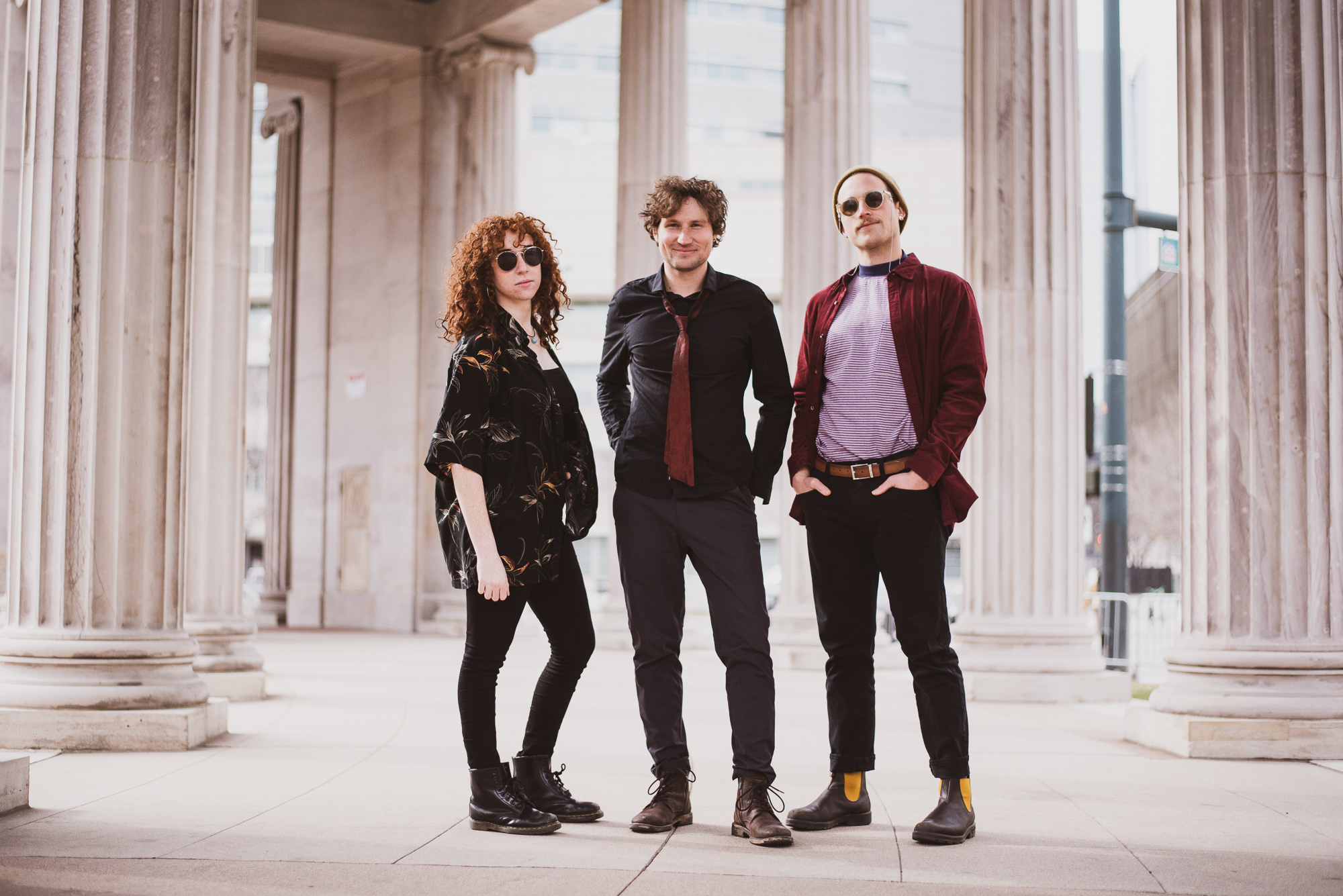Martín Better Longo has traveled across continents, explored a multitude of cultures and tried his hand at a number of music styles to get where he is today — a place where his musical project, Fruta Brutal, doesn’t fit into one traditional box. Or rather, the boxes the band does check are quite limitless. Songwriting in dual languages and synthesizing sounds from all over the Americas, Longo took his band from New Orleans to Boulder and is now leading Fruta Brutal as they navigate their first steps into Denver’s music community. With an impending debut album, an explosive single released for the 303 Music Vinyl Volume 5, and a slew of upcoming gigs, Longo and Fruta Brutal are actively making their mark on the local scene. Check out our exclusive conversation with Longo, below.
Catch Fruta Brutal performing at the 303 Music Vinyl Release Party at Number 38 on May 6th.
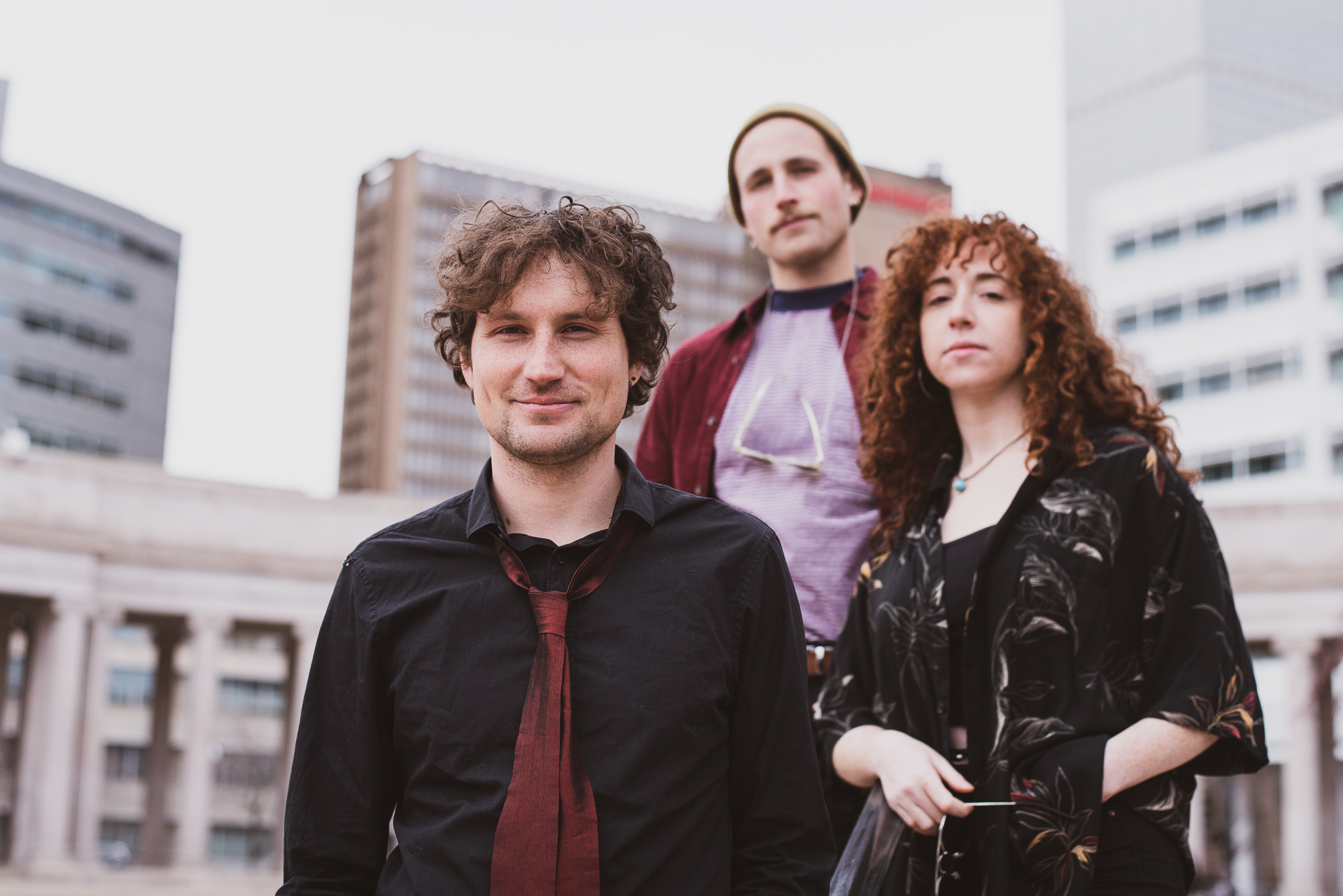
303 Magazine: What was your early life like and what factors shaped your musical interests?
Martín Better Longo: I was born in the capital of Ecuador, Quito. My family Immigrated to the United States when I was six years old. First, we went to Miami, then we moved to Boulder when I was 10 years old. In Boulder, we came in contact with a Jewish community. It was because of having my Bar Mitzvah that I started playing guitar. It was more of a Reform congregation where they let you play music and kind of lead the whole service.
Growing up in Ecuador, then moving to the States and starting to play music, then moving to New Orleans for college and traveling through South America in my early 20s is the combination of the eclectic sound that I’ve been developing as a singer-songwriter. I used to only play guitar but realized that writing songs was much more enriching, especially when I could use both languages. I decided to write in both English and Spanish and explore my Latin American roots as well as the indie-pop-rock that I was being exposed to and loving at the same time.
303: What was the immigration process like for you and your family? What memories do you have of that time?
MBL: I’ve also lived in Buenos Aires as an adult. Just that experience of going to another country and living there by yourself was intense and I don’t know how my parents did it with a full family.
Growing up, there were times of struggle when my family was eating McDonald’s often. My dad got this opportunity in Boulder and that really changed things. We started building a kind of family there in the sense of me being closer to friends. That’s been a pretty difficult thing for me, feeling so distant from my Ecuadorian family and Ecuadorian roots. It sort of caused an identity crisis. That was a big reason for why I decided to do a big South American backpacking trip, to just get back in touch with my Latino roots.
303: New Orleans has a reputation for its live and local music scene. What was your experience there and how did the city influence you?
MBL: It’s a beautiful city. There are a lot of festivities that everyone partakes in. It’s vibrant all year round. It’s predominantly jazz, and I was playing as a jazz guitarist in various groups. In New Orleans, if you want to make a living off of music you have to play live every night, because there’s a lot of competition. I also quickly learned that in terms of jazz and skills, I was not nearly as good as other jazz players. That’s when I started writing songs. There’s a pretty eclectic scene, but there isn’t much of a Latin American music scene in terms of more alternative-indie, Latin-rock styles. In New Orleans, we started Fruta Brutal as a cover band of Brazilian Tropicália music.
303: How would you compare South American music culture with United States music culture?
MBL: There is a huge distinction. There’s a lot more dancing in Central and South America. There are also many different styles of music. It’s really oriented around dancing and has rhythms that really stick to you. It’s so eclectic, just like the Spanish language. In different countries, there are different dialects, and different words have different meanings. In the United States there’s not such a wide amalgamation of things.
303: Would you consider your musical influences as being politically based?
MBL: I wouldn’t consider Fruta Brutal a protest band. We do have certain songs that celebrates cultural diversity, though. That is definitely a message that I want to transmit through our music — the celebration of diversity, pro-immigration, especially when it comes to fellow Latin American immigrants — and have the hope of performing in front of a diverse audience where people that might not otherwise come together end up coming together. I wouldn’t say I’m writing songs about the current political climate, but I definitely have themes of equity, racial justice and supporting diversity that are pretty present in my music and the performance itself. In subtle ways as well, since it’s a mixture of Spanish and English, and Latin American with North American styles.
When I was traveling through South America, the influences I was getting and the movement that Fruta Brutal takes its name from are political by nature. With Tropicália, at the time there was a US-backed dictatorship. In the left, they were in resistance to the dictatorships, and the music scene saw a lot of division. Some musicians were saying not to play rock ‘n’ roll because that means you’re supporting the oppressors. Other musicians were affirming the international scene and playing rock ‘n’ roll, saying that they were still Brazilian no matter what.
What Tropicalistas did was merge those two sides. They created this synthesis of styles, and in doing so they were still affirming their Brazilian identity and able to create this bridge in the left. Fruta Brutal is kind of a tribute to movements like these that stand against oppression. I think of them as cultural fruits that matured during times of oppression or brutality.
303: How did you meet the musicians you currently work with?
MBL: Well, in New Orleans I had a totally different band. When I came here, I had ties from high school to local musicians. I started slowly building a band with those ties. Matt Cantor, who was formerly our bassist and moved to New York, put me in touch with the other people in the band. It was thanks to him that I was able to form a band in the first place. That’s how I met my drummer, Michel Stahli, and Ben Weirich, the synth player. Through the Latin American scene, I met Neoma. Through the Denver music scene, I found bass player Zoe Moff.
READ: Premiere – Neoma’s “Hyperreal” Is Caught Between Dreams and Technology, Love and Contemplation
303: What’s on the horizon for Fruta Brutal?
MBL: I’ve been working on the debut album for a long time. I’m working with two producers, one of which is based in New Orleans, Mack Major. We work remotely — I record everything in my home studio and send it to him and then he’ll polish it up and play drums on it. I’m also working with Danny Pauta from The Mañanas and Neoma’s band, which is really exciting. He’s also from Ecuador. In a way, it finally feels like I have an Ecuadorian community. That’s been pretty fulfilling, being connected to Ecuadorian culture and having Ecuadorian friends here. Preceding the debut album, we’ll release an EP of four songs. The next single coming out is called “Madre Serpiente.” We’ll be doing a music video for that. Just trying to build on the momentum that we’ve started in Denver thanks to the release of “Cultura Vampira.” I feel like that finally put us on the Denver map.





